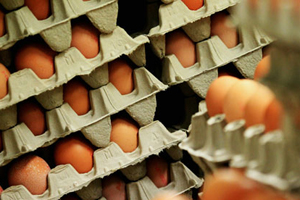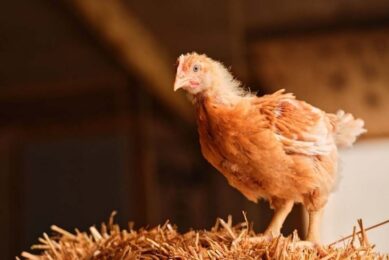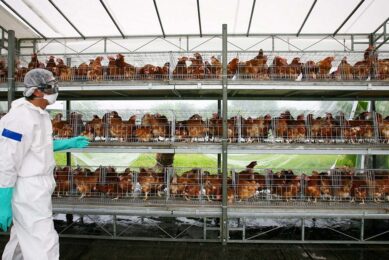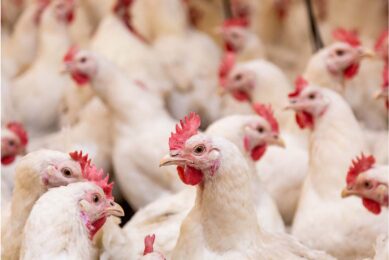UK: Calls for decisive lockdowns in future AI outbreaks

Leading figures in the free range egg industry want the United Kingdom to take much more decisive action against avian influenza outbreaks.
They raised their concerns at the annual meeting of the British Free Range Egg Producers’ Association (BFREPA), which was taking place a week after AI was confirmed on a duck unit near Drif-field in East Yorkshire. A 10-kilometre restriction zone was put in place around the Yorkshire site to prevent the AI spreading, but free range egg producers outside the immediate restriction zone were unsure about whether or not they should house their birds as a precaution.
Serious dillemma
Robert Gooch, BFREPA’s director of policy, told members that there was a serious dilemma for producers. If the Department for Environment, Food and Rural Affairs (DEFRA) issued a housing order to producers, officially demanding that they shut their birds in, then they would be covered by a 12-week derogation that enabled them to maintain their free range status even though the birds were being kept indoors, he said. If producers did so without a housing order they would immediately lose their free range status and face financial losses. “It puts producers in a difficult position,” said Gooch.
Former BFREPA chairman John Retson, a Scottish producer, said he would like to see a housing order issued for the whole of the United Kingdom as soon as an AI outbreak was confirmed. “If there is an outbreak in the UK it is a risk even in Scotland,” he said. “I don’t believe there is such a thing as a low risk. Free range is more than 50% of the UK market. As soon as there is an outbreak of AI it’s a high risk and I would suggest that there should be an order for a complete shutdown,” said Retson.
His view was supported by David Brass of the Lakes Free Range Egg Company. “What’s the problem when we get an AI outbreak if for a fortnight, just a fortnight, until we know exactly what the situation is, birds are shut in,” he said. “It’s common sense, really.”
Action plan
A total of 6,000 birds were culled on the affected duck breeding unit in Driffield in November as part of DEFRA’s action plan to prevent the spread of the flu. Carcasses were sent for rendering and movements of all poultry, products and waste were banned within the designated restriction zone. Egg producers within the zone were unable to move their eggs off farm until DEFRA started issuing movement licences. The British Egg Industry Council (BEIC) estimated that at one point as many as 750,000 eggs were sitting on laying farms waiting for collection in the restricted area.
Tests on the affected farm revealed that the AI involved was the same H5N8 strain involved in out-breaks in Germany and the Netherlands. DEFRA suggested that the source of the outbreak may have been wild birds. It advised poultry farmers to minimise contact with wild birds.
Source: British Free Range Egg Producers’ Association (BFREPA)
Join 31,000+ subscribers
Subscribe to our newsletter to stay updated about all the need-to-know content in the poultry sector, three times a week. Beheer
Beheer








 WP Admin
WP Admin  Bewerk bericht
Bewerk bericht